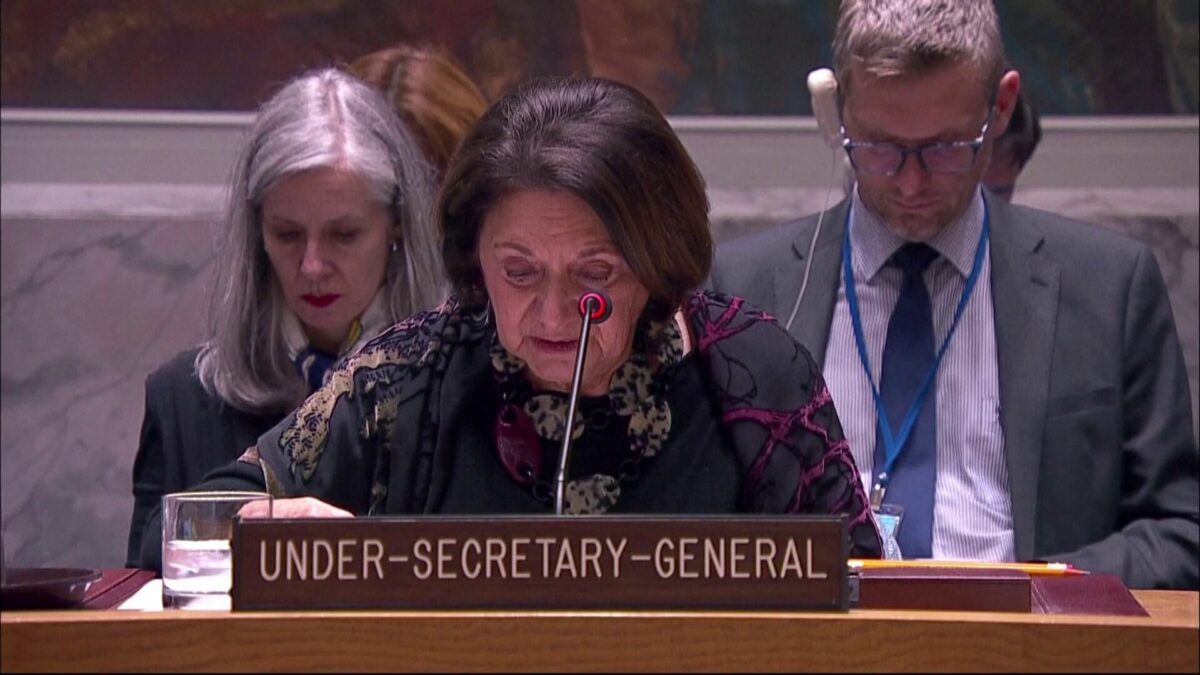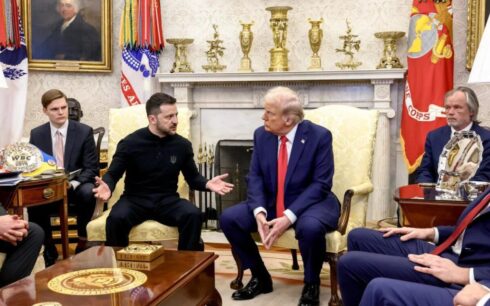The United Nations has urged world powers and Iran to urgently revive the 2015 nuclear deal that eased sanctions on Tehran in exchange for limits on its nuclear program. A senior U.N. official on Tuesday warned that the fate of the agreement holds global significance.
“The success or failure of this deal matters to all of us,” Rosemary DiCarlo, the U.N. under secretary general for political affairs, told the Security Council. “Time is of the essence.”
The accord, formally known as the Joint Comprehensive Plan of Action (JCPOA), was brokered between Iran and six major powers—Britain, France, Germany, the United States, Russia and China. It was enshrined in a 2015 U.N. resolution. However, the United States withdrew from the deal in 2018 under then-President Donald J. Trump, leading Iran to roll back its compliance with nuclear restrictions outlined in the agreement.
Diplomatic efforts to salvage the deal have gained urgency amid escalating tensions. European and Iranian officials met late last month to explore pathways for reducing regional instability, including concerns about Tehran’s advancing nuclear program, ahead of Mr. Trump’s return to the White House for a second term in January.
In a letter to the Security Council earlier this month, Britain, France, and Germany reiterated their readiness to trigger the “snap back” mechanism, which would reimpose all international sanctions on Iran if the country appeared poised to develop a nuclear weapon. That option, however, expires on Oct. 18, 2025, when key provisions of the 2015 U.N. resolution are set to lapse.
Tensions have been further heightened by recent reports from the International Atomic Energy Agency (IAEA), the U.N.’s nuclear watchdog, which said that Iran is accelerating its uranium enrichment to 60 percent purity—a level perilously close to the 90 percent threshold required for weapons-grade material.
The developments underscore the high stakes of resuming negotiations to prevent further erosion of the JCPOA. Without renewed diplomacy, analysts warn, the prospect of heightened instability in the region looms large.





